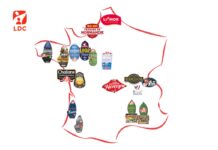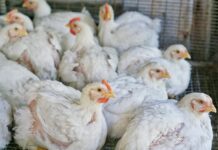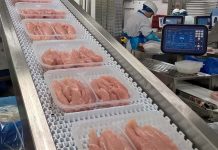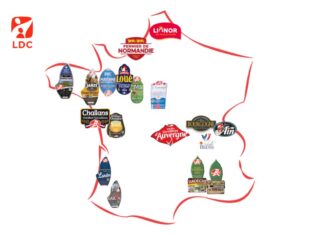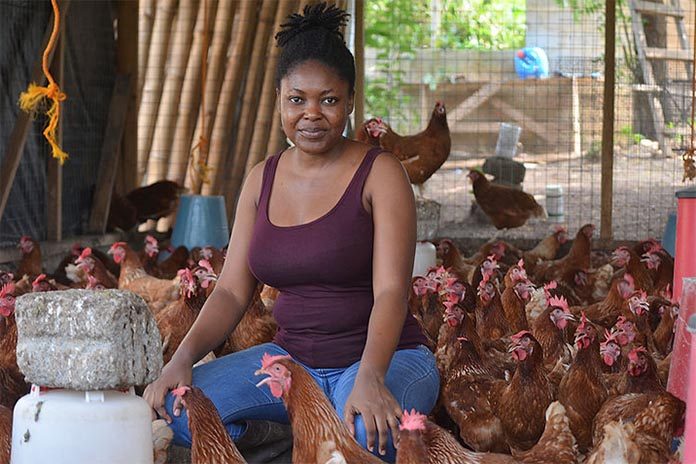
In Africa, investing in rural development, farming and agriculture will offer rural youth an alternative to migration.
FAO Director-General highlights the importance of focusing on the troubled areas of the Sahel Investing in rural areas and agriculture is crucial to achieve prosperity in Africa and to guarantee the continent’s young people an alternative to migration, FAO Director-General José Graziano da Silva said today.
“In Africa, we need to invest in rural development aimed at creating jobs and opportunities for young people to remain in rural areas” he said. “We need youth for modern farming and agriculture.” He made the remarks at the high level EU-African Alliance in Agriculture event which is part of this week’s Global Forum for Food and Agriculture in Berlin.
Noting that almost half of Africa’s population remains extremely poor and food insecure, Graziano da Silva said that it is critical to channel public and private investments towards the agricultural and a farming sector. Such interventions are particularly important in the Sahel area, which is strongly hit by the impacts of conflicts and climate change.
Draining the rural migration flow
“Fostering the creation of decent jobs in rural areas, and not only in the agricultural sector, but in other areas and sectors, could help rural populations remain in their homelands,” the FAO Director-General said.
Most of the young migrants come from the rural areas but young people are essential to achieve a modern and dynamic agricultural sector in Africa, which is vital to fight hunger and poverty, and address the impacts of climate change, he said. Therefore, it is critical to unlock employment opportunities in the agriculture and farming sector and make it more attractive for young people.
According to FAO’s State of Food and Agriculture 2018, the number of international migrants increased from 153 million in 1990 to over 250 million today while migration from rural areas accounts for at least 50 percent of all internal movements, especially in regions with high urbanization rates. In sub-Saharan Africa this share can be up to 75 percent.
The EU-Africa Agriculture Task Force
In his address, Graziano da Silva welcomed the role of EU-Africa Agriculture Task Force, which can ensure that new technologies reach and better serve often marginalized, rural people, including those living in fragile contexts. FAO is already working with partners to facilitate pro-poor investments that can enable access to new farming technologies, capacity development, market information, networks and social protection. Earlier today, Graziano da Silva took part in a high-level panel on “Utilizing the power of digital innovations for youth, smallholders and family farming”, organized by FAO on the sidelines of the Global Africa Forum.


